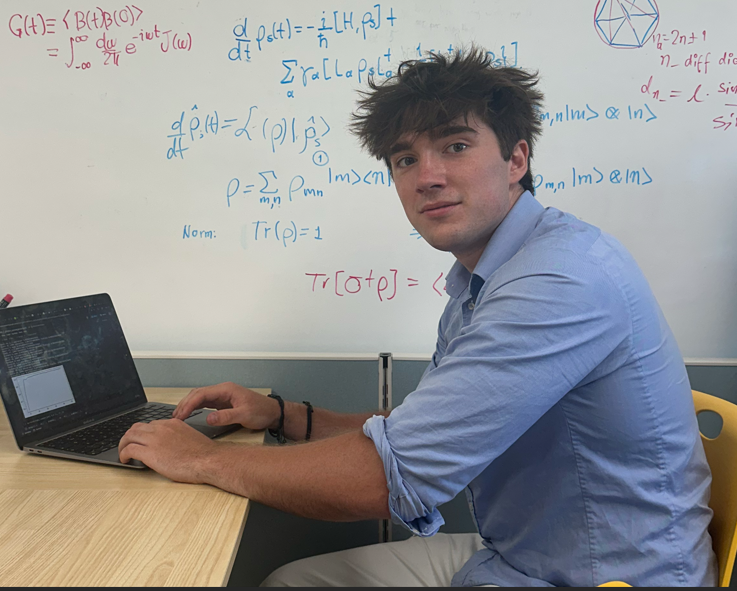
Quantum computing promises speedups on tasks such as simulation, optimization, and cryptography. Photonic chips sit in the noisy intermediate-scale quantum (NISQ) era where devices that are small, noisy, and imperfect. These processors are open systems interacting with their environments, so their dynamics are generally irreversible (non-unitary), unlike ideal, closed-system evolution. Characterizing such open, non-unitary processes is therefore a central challenge for building useful NISQ technology. Existing approaches often suffer from exponential scaling or vanishing gradients, limiting practicality on larger systems. We introduce a somewhat-linearly scalable quantum generative adversarial network (Q-GAN) that learns the dynamics of quantum processes on a quantum photonic processor. We show that our Q-GAN algorithm converges to above 99% fidelity under 50 epochs for both 1 and 2 photon systems. When we introduce coherent errors in our simulation, our median fidelity decreases as expected, however still stays above 90%. When we plot the number of samples taken vs the number of optical modes in the system on a log-scale, we get exponential contours, indicating a linear trend. Our results establish a practical, scalable, and sample-efficient method for in-situ learning and characterization of complex quantum dynamics.